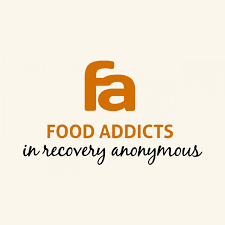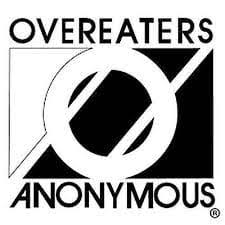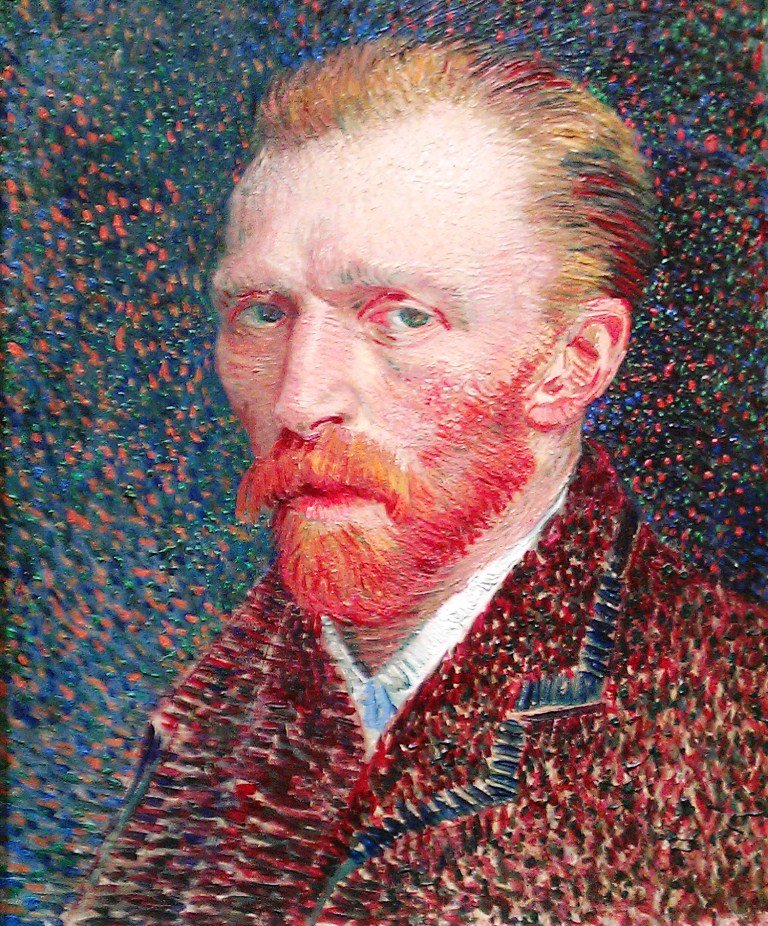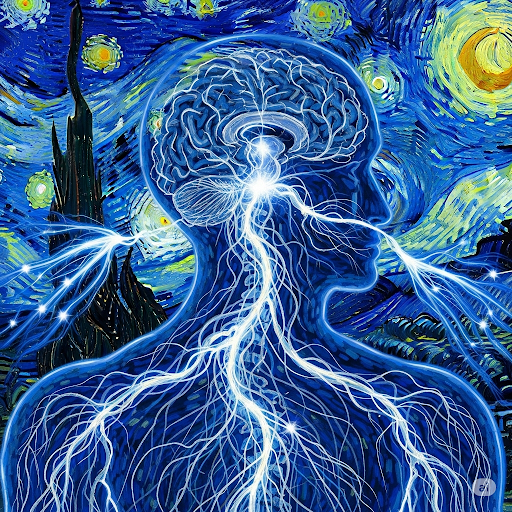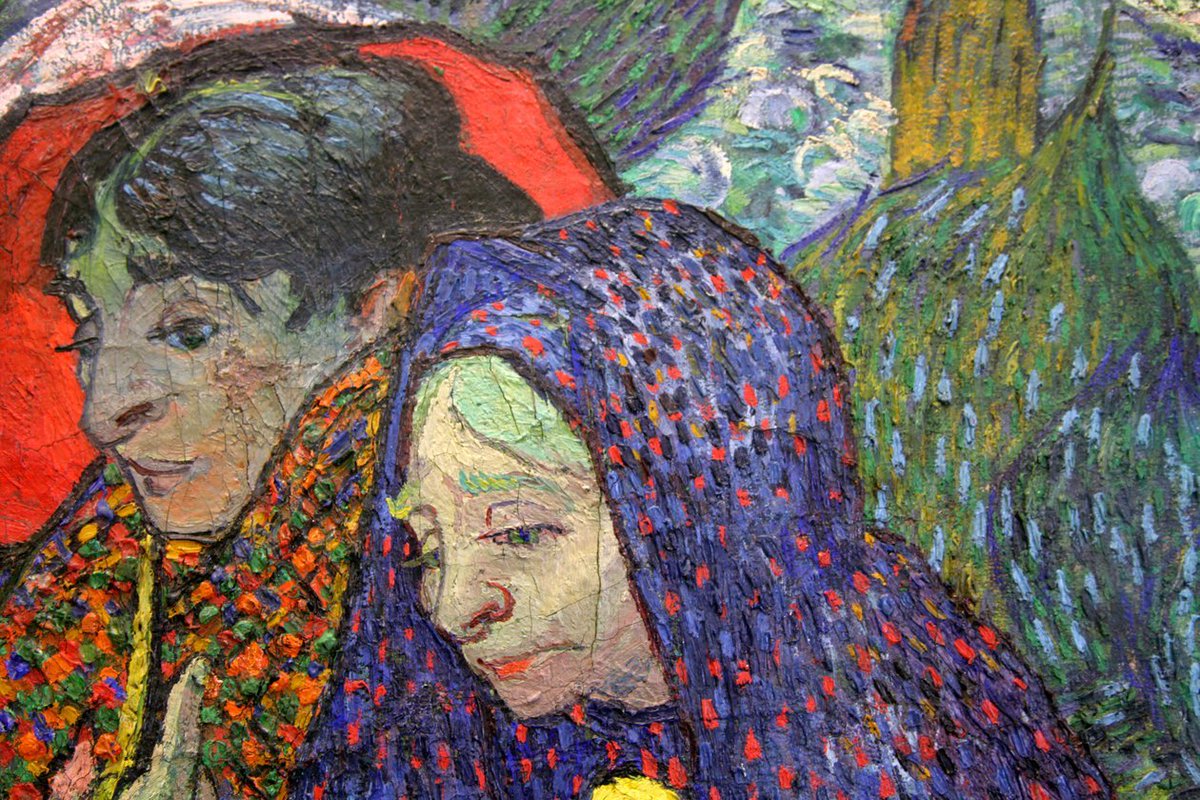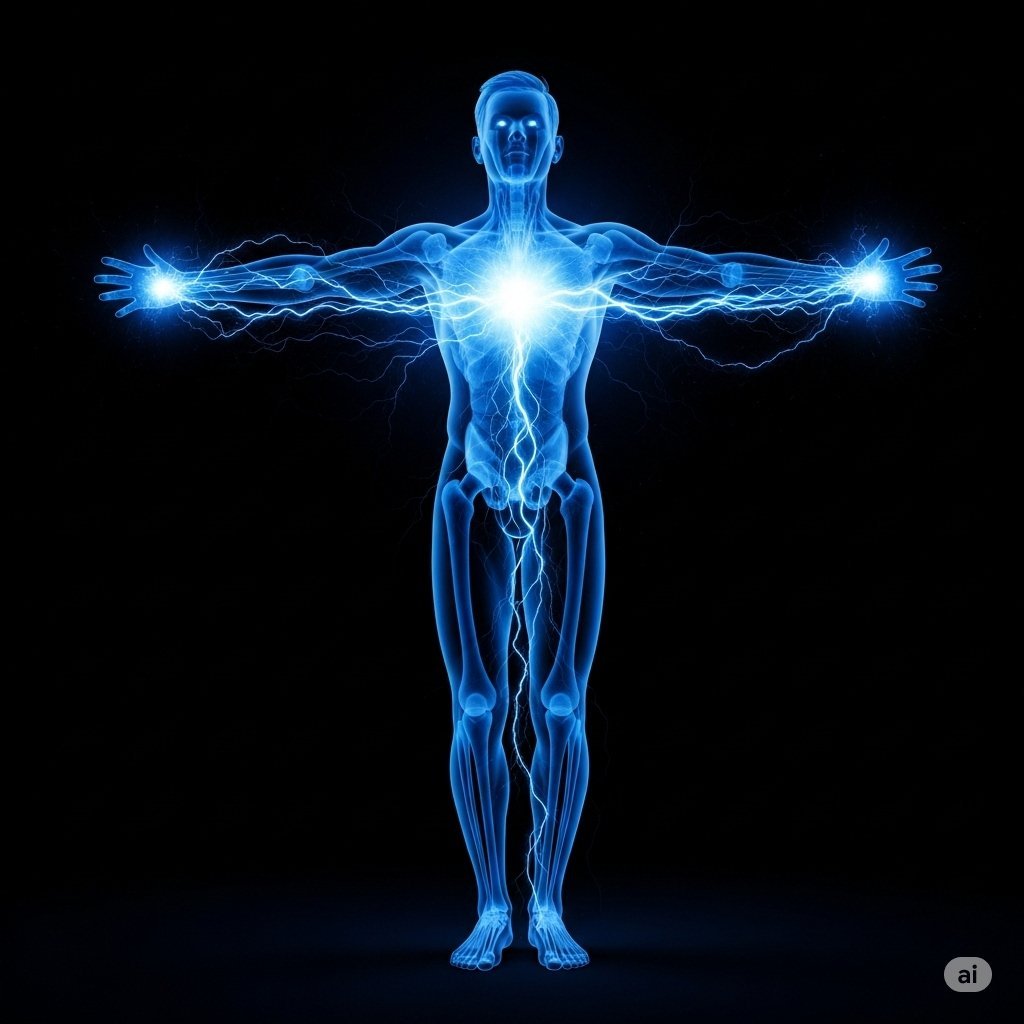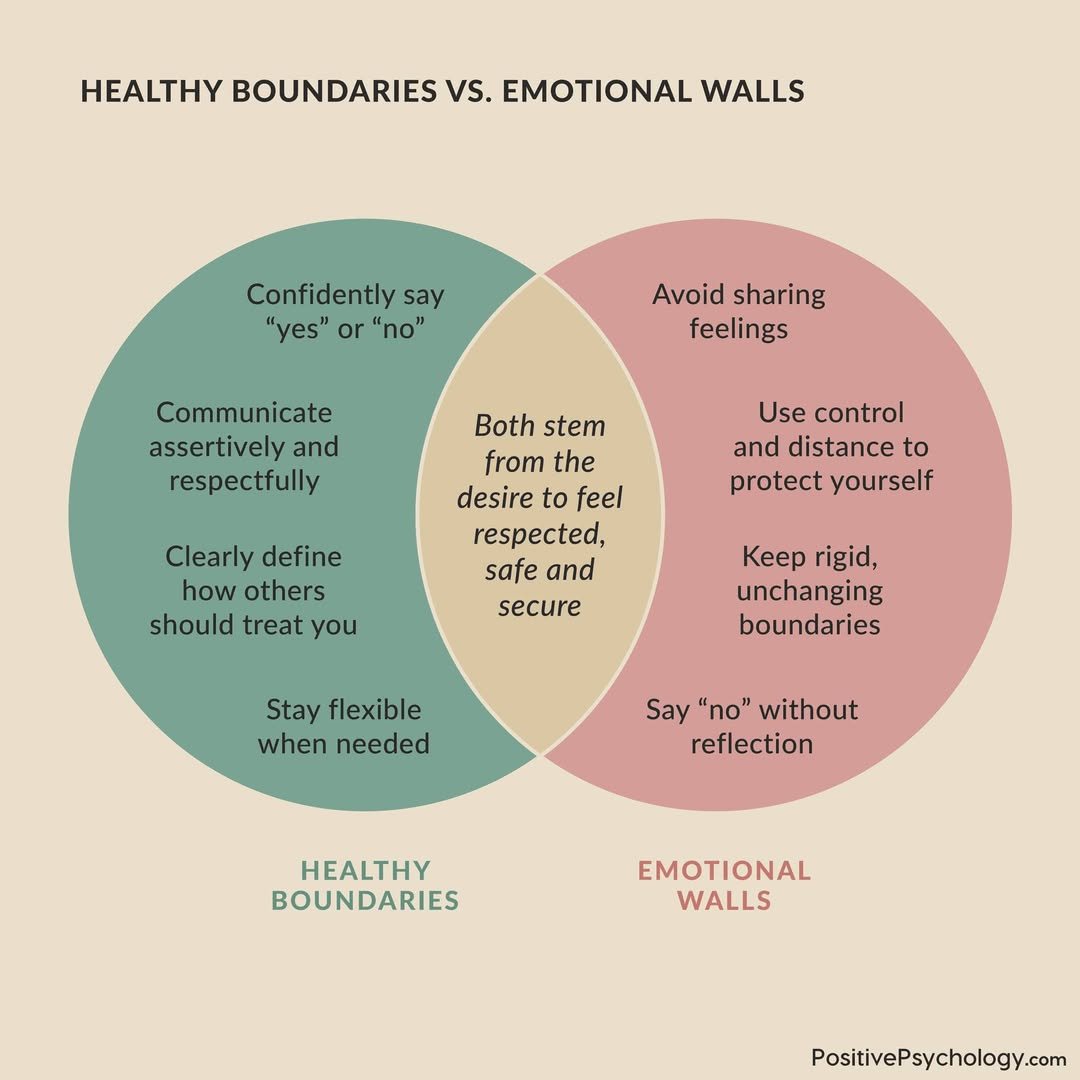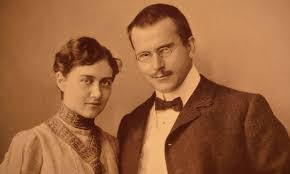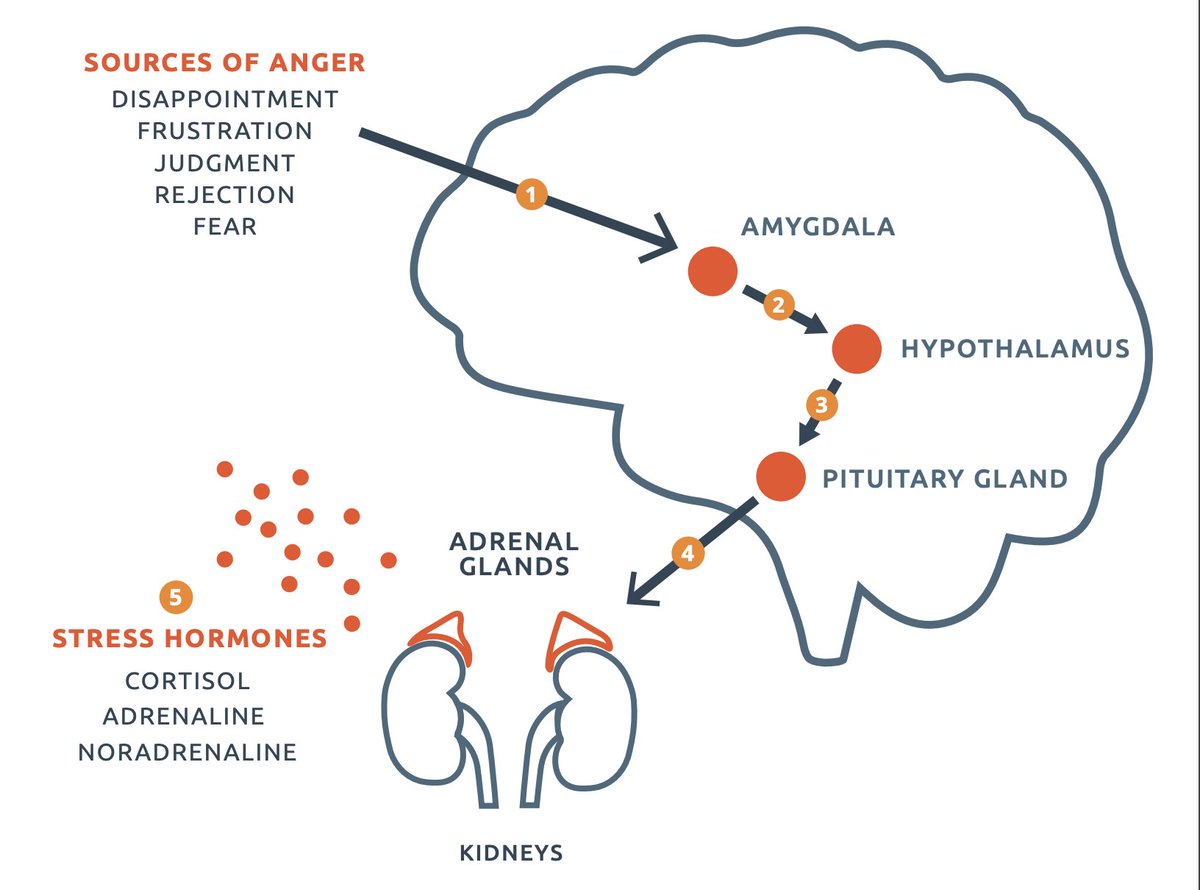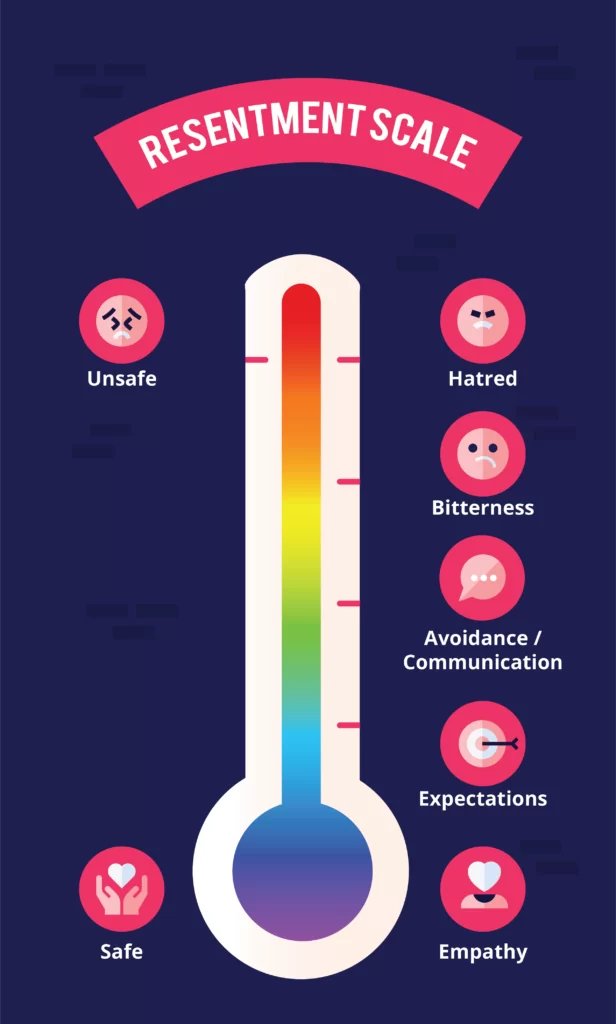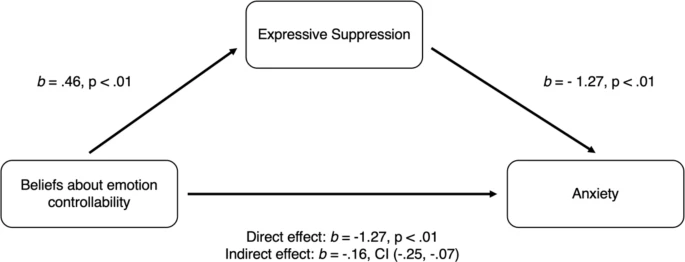The most deadly addiction?
Not alcohol. Not opioids.
It's food.
325,000 die in the US each year from obesity related illnesses—4x more than opioids.
Here’s how it takes hold and what to do about it: 🧵 (by a PhD psychologist)


Not alcohol. Not opioids.
It's food.
325,000 die in the US each year from obesity related illnesses—4x more than opioids.
Here’s how it takes hold and what to do about it: 🧵 (by a PhD psychologist)

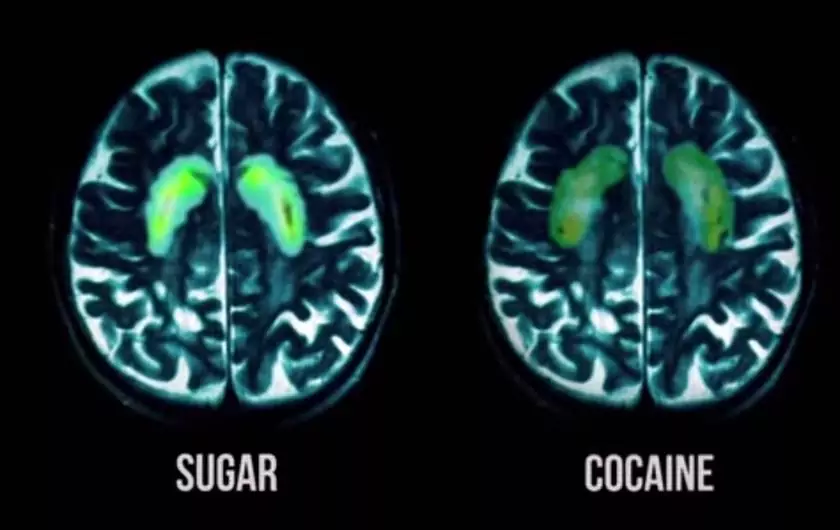
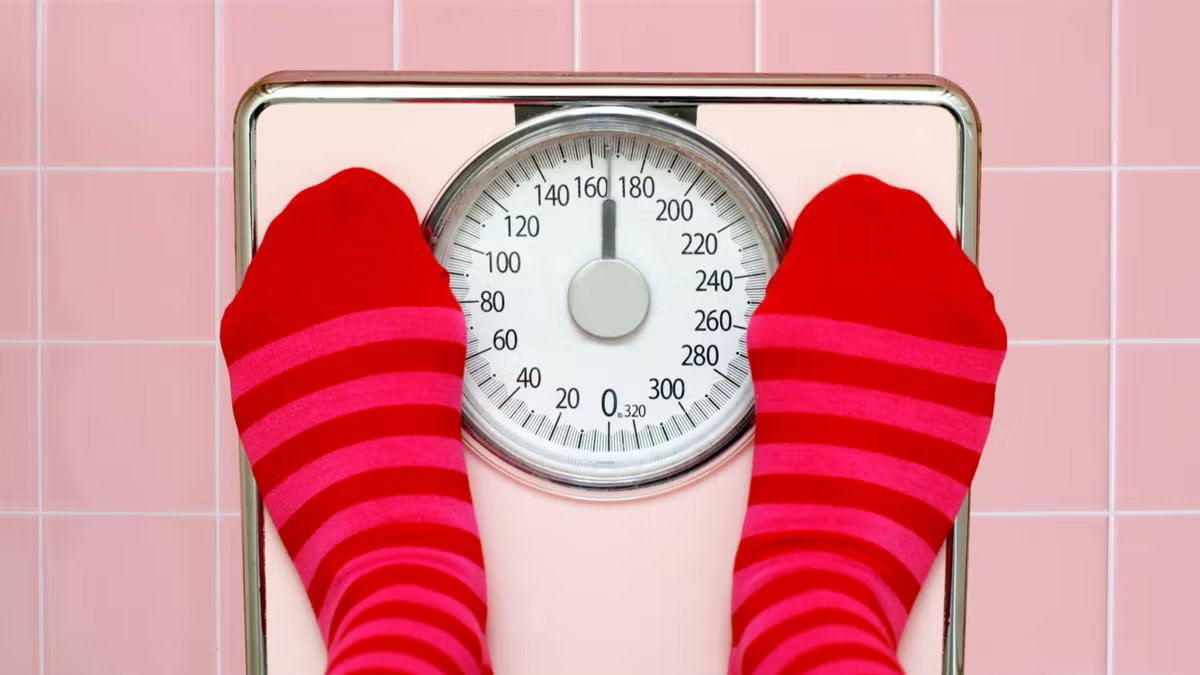
Dr. Vera Tarman (Food Junkies) said:
“The brain chemistry that drives the addict to seek pleasure beyond the point of satiety is similar, whether the user favors Jack Daniels or Jack-in-the-Box.”
And yet, only one gets treated like addiction.
“The brain chemistry that drives the addict to seek pleasure beyond the point of satiety is similar, whether the user favors Jack Daniels or Jack-in-the-Box.”
And yet, only one gets treated like addiction.
We are conditioned early:
“Finish everything on your plate or else.”
"There are starving kids in China."
“You’re such a good eater.”
"Here, have some more."
“You’ve gained weight.”
“You’re too skinny.”
These comments create shame and shape how we relate to food—and our bodies.
“Finish everything on your plate or else.”
"There are starving kids in China."
“You’re such a good eater.”
"Here, have some more."
“You’ve gained weight.”
“You’re too skinny.”
These comments create shame and shape how we relate to food—and our bodies.
For many, food was the center of everything.
We celebrated with it. We numbed with it.
We learned early that food is a way to manage or suppress feelings.
We celebrated with it. We numbed with it.
We learned early that food is a way to manage or suppress feelings.
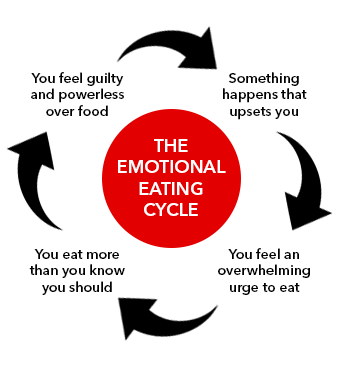
Alcohol and drugs are obvious addictive problems. Some of us were able to get help.
But food is harder to face. It's survival. And it's everywhere.
For many of us, it was our first drug.
An acceptable escape.
But food is harder to face. It's survival. And it's everywhere.
For many of us, it was our first drug.
An acceptable escape.
Sugar activates the mesolimbic dopamine system just like cocaine.
And BIG FOOD knows it—processed foods are designed to keep us hooked.
Sugar, flour, fat, salt—combined in just the right ratios to light up the brain and keep us craving.
Here's an MD who gets this:
And BIG FOOD knows it—processed foods are designed to keep us hooked.
Sugar, flour, fat, salt—combined in just the right ratios to light up the brain and keep us craving.
Here's an MD who gets this:
Kay Sheppard (author of Food Addiction: The Body Knows) writes:
“You cannot heal your relationship with food until you stop using it as a drug.”
But the world keeps telling us it’s just a matter of discipline.
“You cannot heal your relationship with food until you stop using it as a drug.”
But the world keeps telling us it’s just a matter of discipline.
We medicalize obesity.
We call it a health issue and are often prescribed meds and surgery to address the results—not the actual problem.
No one suggests a healing or recovery program.
We call it a health issue and are often prescribed meds and surgery to address the results—not the actual problem.
No one suggests a healing or recovery program.
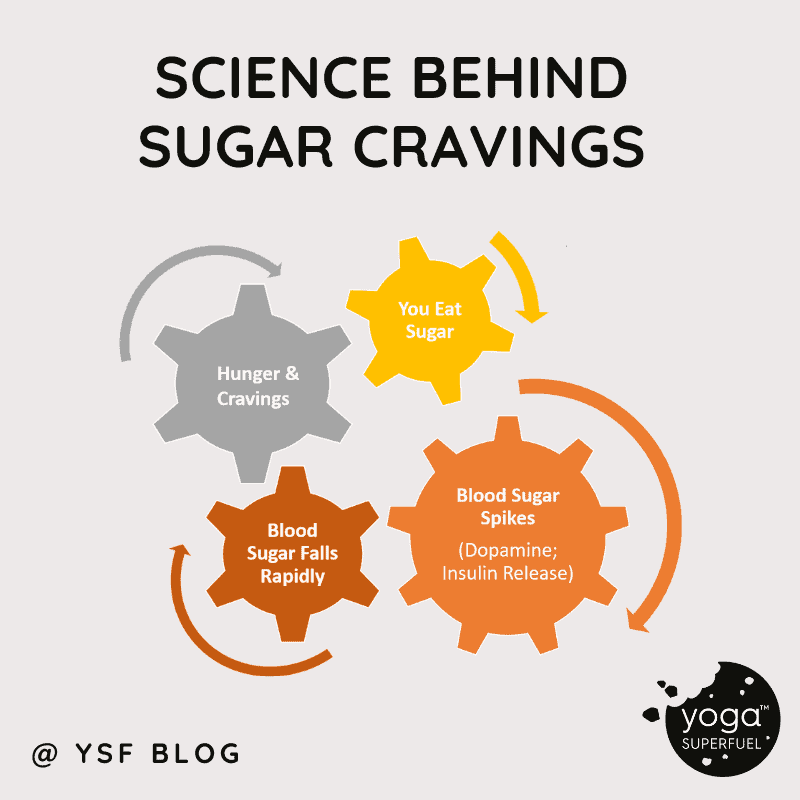
We spend $90 billion a year on unsustainable diets.
Most get on a roller coaster of one diet after another.
Because addiction can’t be cured with portion control or willpower.
You don’t negotiate with a drug and an addicted brain.
Most get on a roller coaster of one diet after another.
Because addiction can’t be cured with portion control or willpower.
You don’t negotiate with a drug and an addicted brain.
Recovery begins not with restriction, but with support and honesty.
It begins in rooms full of people telling the truth:
- That food ran their lives.
- That they tried everything—except surrender.
With daily support and a healthy food plan, recovery begins.
It begins in rooms full of people telling the truth:
- That food ran their lives.
- That they tried everything—except surrender.
With daily support and a healthy food plan, recovery begins.
We used food to cope.
And when we stop pretending it's about weight or weakness, we can finally get free.
Not through control.
But through connection.
Here are some folks who found a sustainable solution:
And when we stop pretending it's about weight or weakness, we can finally get free.
Not through control.
But through connection.
Here are some folks who found a sustainable solution:
If you're ready to look at your addictive relationship with food or anything else.
I've created The Inner Work Community.
A place to get honest with other people on the path of healing.
Check it out:(20% discount ends on Aug. 31):
offers.drbobbeare.com/inner-work-com…
I've created The Inner Work Community.
A place to get honest with other people on the path of healing.
Check it out:(20% discount ends on Aug. 31):
offers.drbobbeare.com/inner-work-com…
👉Thanks for reading.
👉If you enjoyed this, please follow me and repost the first post (below).
👉Reply with your thoughts on body-focused healing.
👉If you enjoyed this, please follow me and repost the first post (below).
👉Reply with your thoughts on body-focused healing.
https://x.com/drbobbeare/status/1961791135572984172
If you're exhausted from trying to heal your emotional wounds alone...
The Inner Work Community provides the safe space you need to heal in connection.
Check it out here (20% discount ends on Aug. 31):
offers.drbobbeare.com/inner-work-com…
The Inner Work Community provides the safe space you need to heal in connection.
Check it out here (20% discount ends on Aug. 31):
offers.drbobbeare.com/inner-work-com…
• • •
Missing some Tweet in this thread? You can try to
force a refresh

